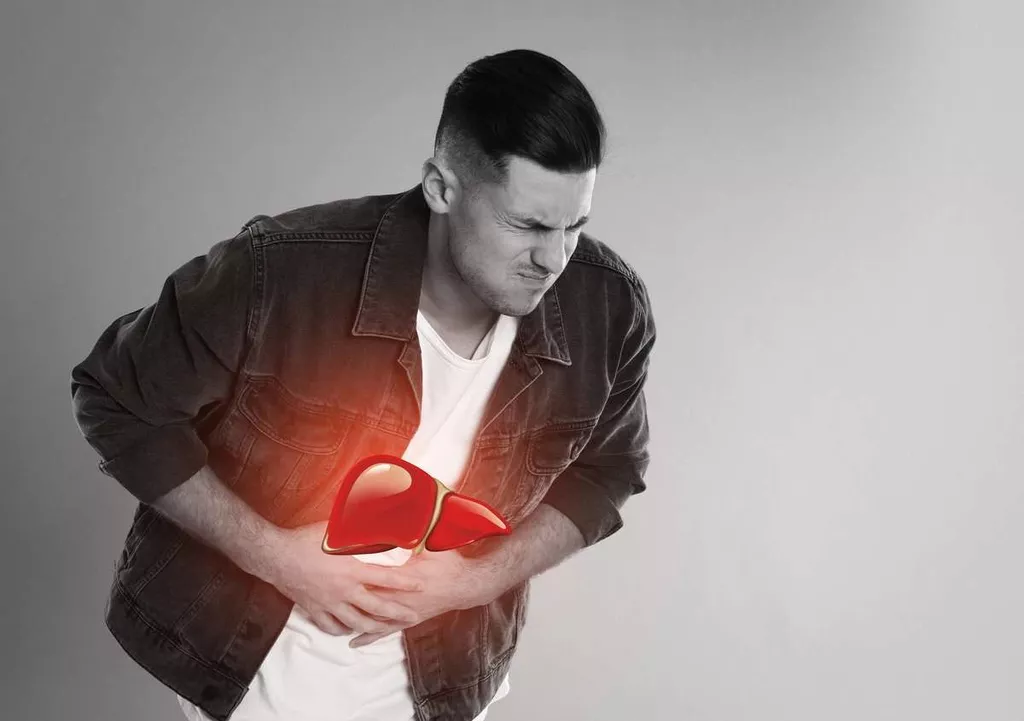Before trying herbal remedies or dietary supplements, talk to your doctor. Some of these products can interfere with prescription medications or cause dangerous interactions. When someone first has does alcohol cause panic attacks a drink of alcohol, it often has a sedative effect. People may also benefit from counseling, which can take the form of cognitive behavioral therapy (CBT) or interpersonal therapy, among others.
Study: People With Anxiety Are More Likely to Experience Symptoms of Alcohol Use Disorder – Health.com
Study: People With Anxiety Are More Likely to Experience Symptoms of Alcohol Use Disorder.
Posted: Wed, 10 May 2023 07:00:00 GMT [source]
Psychiatric Disorder Classifications and Diagnoses
- If you find out that your alcohol use is contributing to panic attacks, then finding effective ways to quit drinking can help you find relief.
- Talking to someone at our 24-hour recovery hotline at Alcohol Awareness can help you identify ways to ease your mental health symptoms as you adjust to life in recovery.
- The NHS website, Every Mind Matters, has advice on how to access support and treatment for anxiety in England.
If you experience sudden, intense anxiety and fear, it might be the symptoms of a panic attack.13 Other symptoms may include a racing heartbeat, or feeling faint, dizzy, lightheaded, or sick. It’s a natural human response and usually passes once the situation is over – for example around a job interview. But if you have feelings of anxiety that are constant, overwhelming, or affect your daily life, there are things you can do, and support that is available to help you manage.
How Alcohol Use Disorder Is Treated
This means that you will need to drink larger amounts of alcohol on a more frequent basis in order to experience the same effects, increasing the risk of developing a physical or psychological addiction. Many people believe that alcohol is an effective self-medication technique for coping with anxiety and panic attacks, due to the initial sedative effect and feelings of calm that this substance provides. Talk to a healthcare provider if you are concerned about your drinking or that of a loved one. Professional treatments and support can help you overcome alcohol misuse and alcohol use disorder and improve your overall health and well-being. While casual to moderate drinking may be a part of life for some, excessive or chronic alcohol consumption can significantly impact your body and long-term health.
Can You Treat Anxiety and Alcohol Use Disorders at the Same Time?
Over time, alcohol use may lead to increased anxiety if a person with alcohol addiction or dependence attempts to quit abruptly. Even if you do experience a panic attack when you stop drinking alcohol, it is good to know that they are manageable. If you begin to experience the symptoms of a panic attack, then you can use one or more coping strategies to help you make it through them.
Criteria for diagnosis of panic disorder
For example, anxiety makes a person start drinking, which worsens their anxiety, which leads them to drink more and worsens their anxiety further. For example, a person with social anxiety might be afraid of going to a party where there will be many people they do not know. Even simply thinking about attending the gathering might cause them anticipatory anxiety. One theory of why this happens is called the “tension reduction hypothesis.” This theory suggests that alcohol is used as a self-medicating method to reduce stress and anxiety. According to some animal research, those who drink alcohol in their youth may be more prone to anxiety in adulthood, which might suggest a causal relationship. In many cases, it is unclear whether alcohol causes anxiety or if anxiety makes a person more likely to drink alcohol.
Questions to ask if you’re referred to a mental health professional
- While alcohol in small or moderate amounts may help some people sleep, in high amounts alcohol tends to make sleep quality much worse.
- Clinicians should be vigilant to psychiatric comorbidities in the patients who have alcohol use problems, especially in the abstinence period.
The treatment has been helpful but his panic attacks have not entirely subsided with treatment. Mr. A, a 25-year-old barber, came to the psychiatry clinic with complaints consistent with a possible diagnosis of panic disorder according to the DSM-IV-TR criteria. For the most part, these symptoms appeared without warning, and over time he began to develop an intense underlying sense of anticipatory apprehension related to the unpredictable and uncontrollable appearance of these spells. Mr. A had had his first panic attack approximately 5 months earlier, 1 month after an abrupt cessation of an alcohol abuse period lasting 7 years.
Think you have a drinking problem?
Left untreated, panic attacks and panic disorder can affect almost every area of your life. You may be so afraid of having more panic attacks that you live in a constant state of fear, ruining your quality of life. Anyone can experience anxiety—or “hangxiety”—after drinking, even if you aren’t dealing with alcohol dependence. However, if you find yourself frequently experiencing anxiety and regret after drinking, particularly after heavy drinking, it may be a sign of a more serious problem. Additionally, alcohol affects neurotransmitter levels in the brain—the chemical messengers responsible for how we think, feel, and behave. Over time, these changes can make it harder for you to relax when you aren’t drinking and may lead to persistent worries, intrusive thoughts, and other anxiety symptoms.

